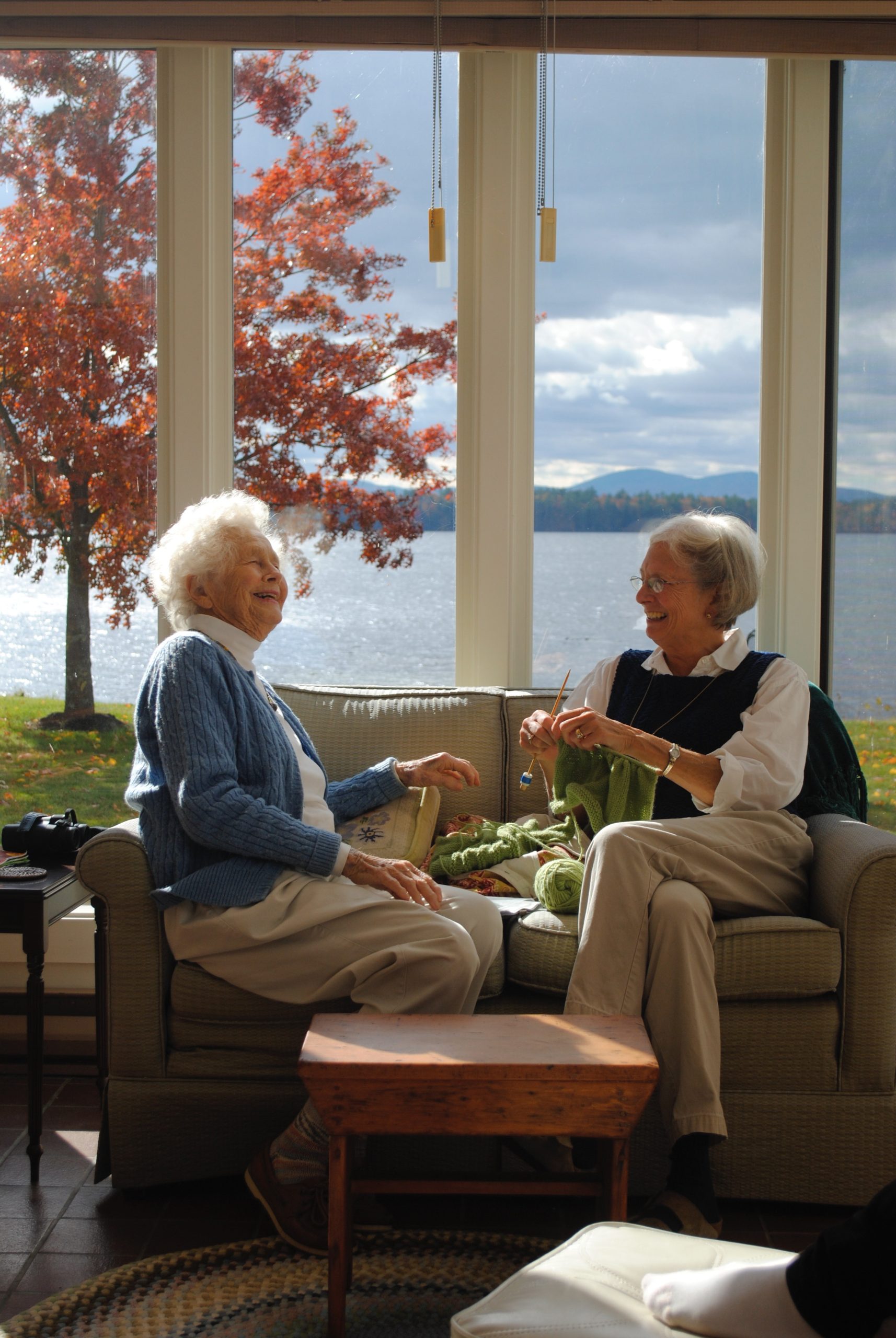Senior Companionship Programs: Making a Difference in the Lives of Seniors

The image is not directly related to the article. It merely symbolizes the life of elderly people.
Senior Companionship Programs: Making a Difference in the Lives of Seniors
What are senior companionship programs?
Senior companionship programs are services that connect seniors with volunteers who provide companionship, emotional support, and assistance with daily tasks such as grocery shopping, transportation, and medication reminders. These programs aim to reduce social isolation and improve the quality of life for seniors.
How do senior companionship programs work?
Senior companionship programs typically involve matching volunteers with seniors based on shared interests and personalities. Volunteers may visit seniors in their homes, take them out for activities, or provide phone support. The frequency and duration of visits vary depending on the needs of the senior and the availability of the volunteer.
What are the benefits of senior companionship programs?
Senior companionship programs have numerous benefits for seniors, including reducing social isolation, improving mental health and well-being, and providing assistance with daily tasks. These programs also benefit volunteers by providing opportunities for meaningful connections and personal fulfillment.
How can seniors and volunteers get involved in senior companionship programs?
Seniors and volunteers can get involved in senior companionship programs by contacting local organizations such as senior centers, non-profits, or healthcare providers. These organizations can provide information on available programs and help to match seniors with volunteers. Additionally, online resources such as VolunteerMatch and AARP can connect seniors and volunteers with companion programs in their area.
Are there any costs associated with senior companionship programs?
Many senior companionship programs are free or low-cost, as they are often run by non-profit organizations. However, some programs may have fees associated with them, such as for transportation or special activities. Seniors and volunteers should inquire about any costs associated with the program before participating.
How can family members and caregivers support seniors who participate in companionship programs?
Family members and caregivers can support seniors who participate in companionship programs by encouraging them to attend activities and visit with volunteers. They can also provide transportation to and from activities, and help with any necessary paperwork or other administrative tasks. Additionally, family members and caregivers should communicate regularly with the senior and the program coordinator to ensure that the program is meeting their needs.
Overall, senior companionship programs can make a significant difference in the lives of seniors by providing companionship, emotional support, and assistance with daily tasks. By connecting seniors with volunteers, these programs help to reduce social isolation and improve the overall quality of life for seniors. Seniors and volunteers can get involved by contacting local organizations or online resources, and family members and caregivers can support seniors by encouraging their participation and providing assistance as needed.
The image is not directly related to the article. It merely symbolizes the life of elderly people. Senior Companionship Programs: Making a Difference in the Lives of Seniors What are senior companionship programs? Senior companionship programs are services that connect seniors with volunteers who provide companionship, emotional support, and assistance with daily tasks such as…
Recent Posts
- Empowering Caregivers: The Best Online and Offline Resources to Enhance Your Skills
- Traveling with a Purpose: The Rise of Volunteer Vacations
- Breaking Stigma: Dispelling Myths about Mobility Aids and Disability
- Avoiding Probate: How Trusts Can Simplify the Estate Settlement Process
- Senior Citizens Beware: Common Financial Scams and How to Stay Protected

